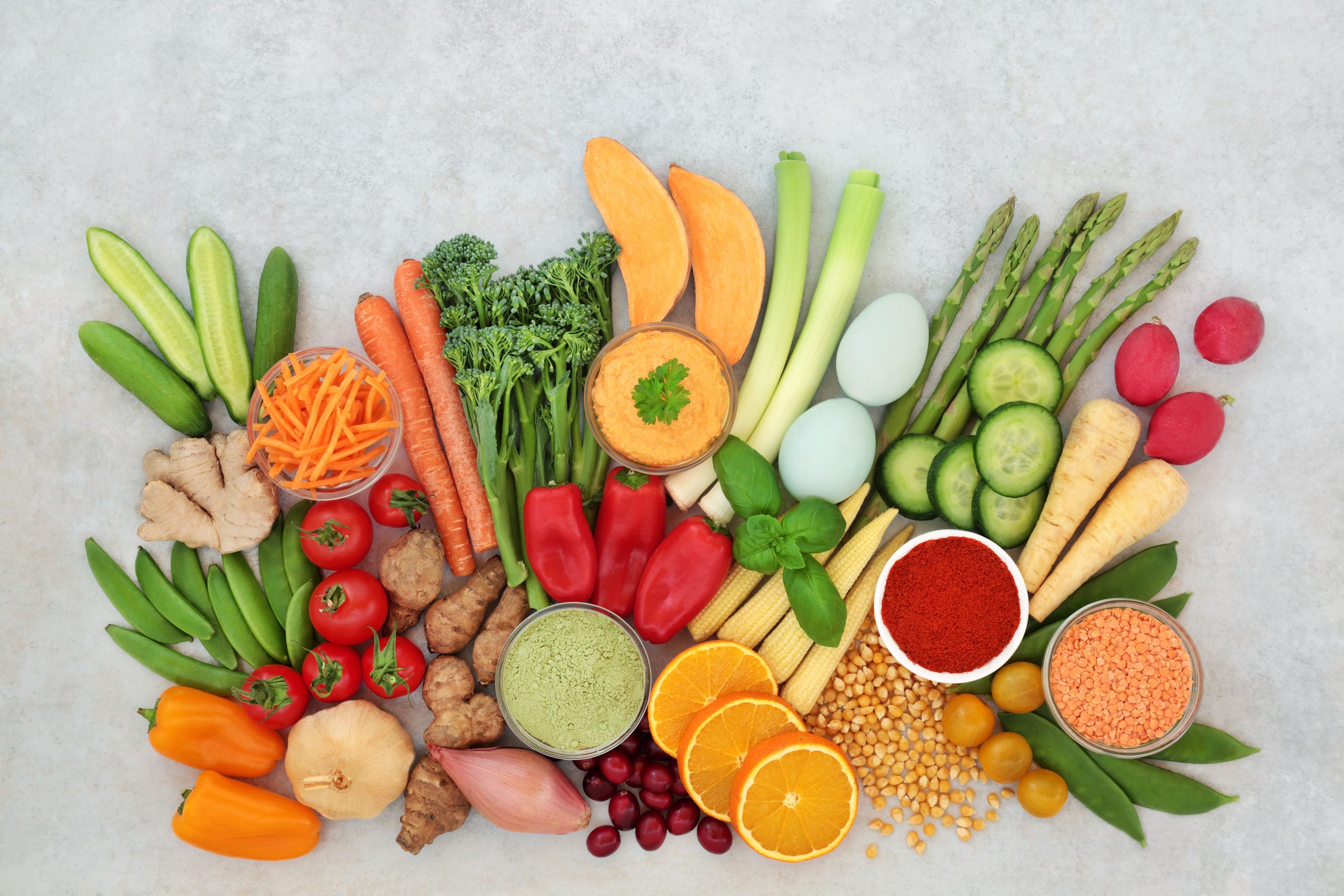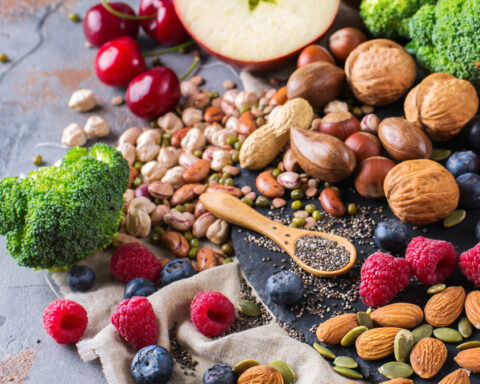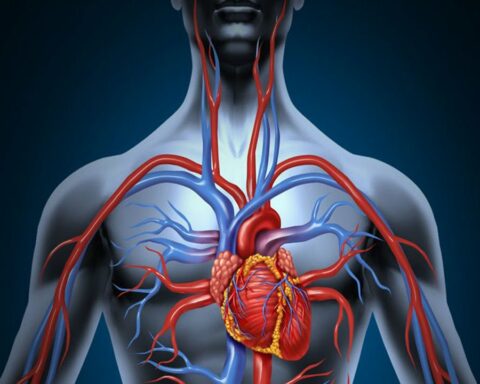Vitamins have various potential health benefits to your body. Find out different types of the best vitamins to take daily.
Vitamins are involved in thebody’s protection against several infections and treatment of most common diseases. A deficiency of vitamins in your body can cause severe health problems and sometimes lead to death. There are various sources of vitamins, such as meat, green vegetables, fruits, legumes, poultry, eggs, fish, and fortified soy milk.Your body needs these meals for a healthy life. However, a high intake of meals can cause health problems, such as nausea, diarrhea, constipation, headache, impaired vision, and weak muscles. Therefore, it is important to identify the right amount of each meal to take. Various sources may provide you with good information on the grams of each meal needed to curb symptoms of excess vitamins intake.
The best vitamins to take daily
Vitamin B12
Vitamin B12 is involved in keeping the nerves and blood cells healthy. Generally, it is an important metabolism booster and provides energy by converting foods into useful energy. There are various sources of vitaminB12, such as poultry, milk, cheese, fish, meat, fortified soy milk, eggs, and some cereals. A deficiency of vitamin B12 impairs metabolism processes, leading to various health problems, such as pale skin, shortness of breath, a smooth tongue, nerve problems, vision loss, constipation, and weakness. Therefore, eating vitamin B12 every day can protect you from high expenses when seeking medication. However, a high intake of vitamin B12 may cause severe health problems. You must stick to the recommended amount.
Vitamin B6
Vitamin B6 is one of the important vitamins that play several roles in biochemical body reactions. For instance, it regulates metabolism, reduces depression, and promotes mood and good sleep. There are various sources of vitamin B6, such as fish, pork, peanuts, wheat germ, chicken, bananas, baked potatoes, garbanzo beans, and fortified foods.A deficiency in Vitamin B6 results in different health problems, including skin rashes, tiredness, a glossy tongue, changes in mood, impaired immune functioning, and nerve pain. However, a high intake of vitamin B6 results inheartburn, nausea, lack of sleep, lack of muscle control, and ataxia. It is advisable to visitthe doctor for a check-up to identify the specific amount of vitamin B6 needed for your body.Furthermore, when purchasing processed foods, read the labels even though the labels do not indicate the right ingredients added.If necessary, stick to the foods prepared at home to be sure of your diet.
Vitamin A
Vitamin A plays various roles in the body, such as promoting vision, healthy skin, and immunity. A healthy body reflects the strength of the immune system.Furthermore, people with a weak immune system are prone to susceptibility that leads to high expenses. There are various sources of vitamin A, such as carrots, sweet potatoes, winter squash, spinach, eggs, milk, butter, cheese, liver, and broccoli. A deficiency of Vitamin A results in night blindness, skin irritation, stunted growth, xerophthalmia, and keratomalacia. Therefore, eating a balanced diet of these foods will help you fix your vitamin deficiency quickly.
Vitamin D
Eating vitamin D is important to the body. For instance, it helpsabsorb calciumthat promotes healthy bones and teeth.You can obtain vitamin D from salmon, herring, tuna, sardines, mushrooms, whole, eggs, orange juice, milk, and breakfast cereals. Vitamin D deficiency results in nausea, increased thirst and urination, constipation, weakness, confusion, and ataxia.Furthermore, there is artificial vitamin D syrup that is administered to people with its deficiency. However, various risks associated with syrup, especially when taken in a high amount. Therefore, it is advisable to stick to natural sources with no side effects and be easily prepared when needed.
Coenzyme Q10
Coenzyme Q10 is involved in protecting and maintenance of the heart. It also acts as an antioxidant that protects the body cells from free radicles.A deficiency of coenzyme Q10 results in fatigue and muscle weakness. You can obtain it from various sources, such as organ meats, chicken, beef, and muscle meats. These are natural foods without side effects that can be taken any time.However, high intake may cause health problems, such as nausea, diarrhea, and headache. Most people are used to buying processed foods, a habit that can cause health problems. For instance, most processed foods do not contain enough nutrients required by the body. Some food products have labels that do not reflect the ingredients added.Furthermore, you can also read from various dietary journals to give you direction on making good selections.
Vitamin B complex
Vitamin B complex is a group of vitamins that play important roles in the body, especially regulating metabolism. This group has several other functions, such as promoting digestion, immune system, nerve functioning, transportation, and help other nutrients absorption. Their deficiency results in many health problems, such as heart disease, high blood pressure, high glucose levels, brain ailments, constipation, diarrhea, vomiting, and muscle weakness. You can obtain vitamin B complex from eggs, meat, liver and kidney, fish, milk, cheese, and dark green vegetables. However, a high intake of vitamin B complex can lead to various health problems, such as nerve damage, diarrhea, constipation, and nausea. Therefore, it is advisable to take the recommended amount of vitamin B complex to avoid these symptoms.
Conclusion
Natural foods have significant health benefits. The nutrients provided by plants are beneficial to human health. Eating a diet with enough vitamins protects you from various diseases, such as heart disease, cancer, constipation, kidney failure, diarrhea, muscle weakness, and brain ailment. Therefore, it is advisable to rely on natural foods to keep your body healthy.
- Our Big Kitchen’ (OBK) is a non-profit organization located in Sydney, Australia - April 10, 2023
- Duos CBD, a hemp product E-commerce website - April 10, 2023
- SOFA SPOONING SEX POSITION - April 7, 2023









